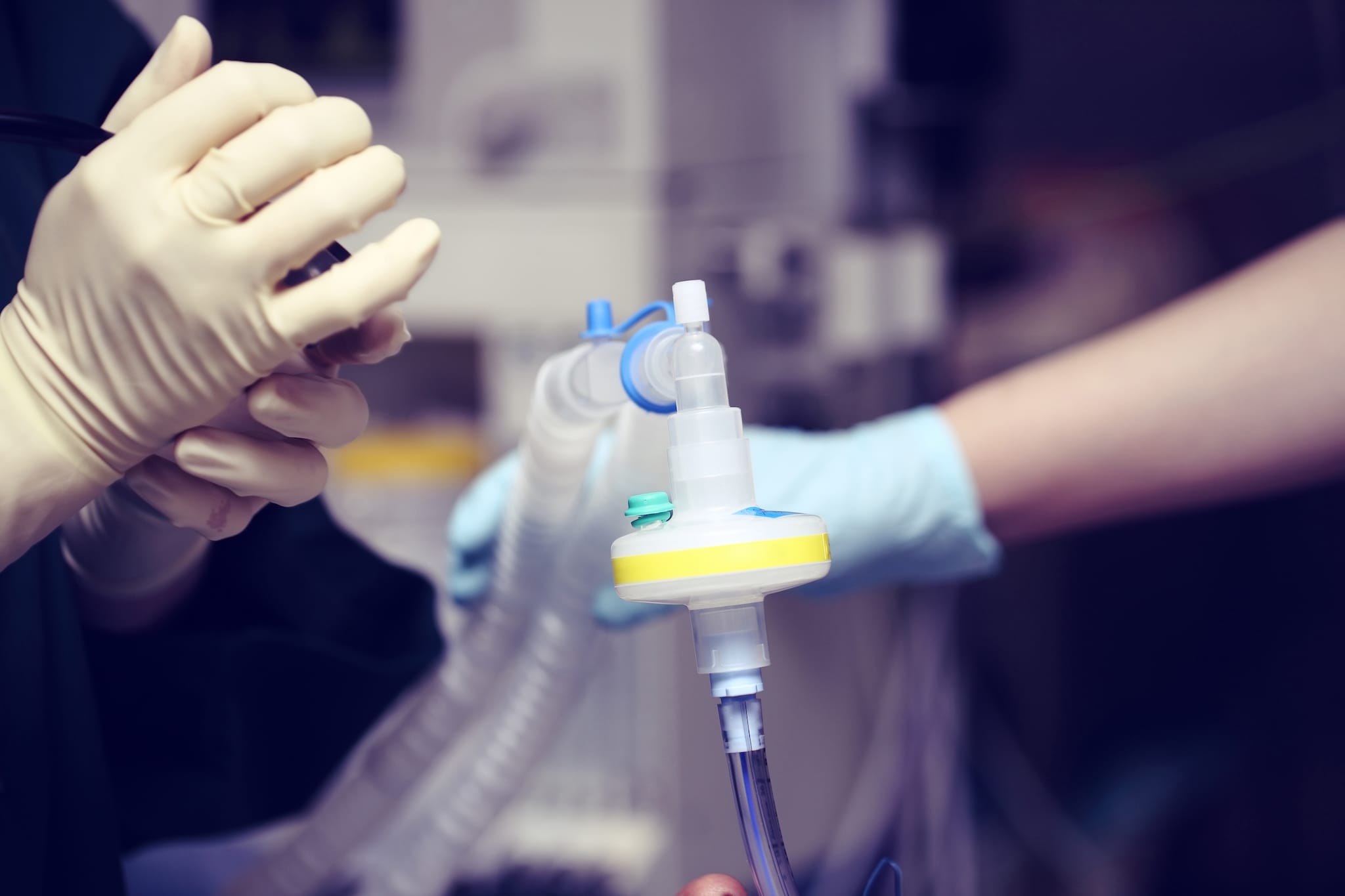At a glance
Patients who are colonized with Candida auris (C. auris) are at risk for invasive infections. Extra precautions are needed if these patients require invasive medical devices and surgical procedures.

Risk for infection
C. auris is found on the skin of patients who are colonized, as typically identified through screening with skin swabs. Patients with clinical infections may also be colonized, meaning they have C. auris on their skin or other body sites in addition to the site of infection.
C. auris on the skin can enter the body through invasive devices, incisions, wounds, and during surgery. Special precautions should be taken to prevent invasive infections. The same infection prevention and control measures apply to patients with clinical infections and patients with colonization without infection.
Reminder
Appropriate care for medical devices
C. auris typically affects patients with severe underlying medical conditions who may need invasive devices. These include lines and tubes, including central venous catheters, urinary catheters and tracheostomy tubes. These devices can provide ways for C. auris to enter the body.
To help prevent invasive infections through medical devices, healthcare providers should ensure following recommendations for:
- Central venous catheter and urinary catheter insertion and care.
- Care for tracheostomy sites.
- Facility protocols for care for medical devices.
- Staff adherence to recommendations and protocols.
Clinicians should continually assess the need for invasive devices and promptly remove them when they are no longer needed.

Precautions for surgical procedures
Patients who are colonized or infected with C. auris are at risk for surgical site infections. Strict adherence to the CDC Guideline for the Prevention of Surgical Site Infection is critical. Meticulous skin preparation in the operating room should be performed using an alcohol-based agent unless contraindicated.
